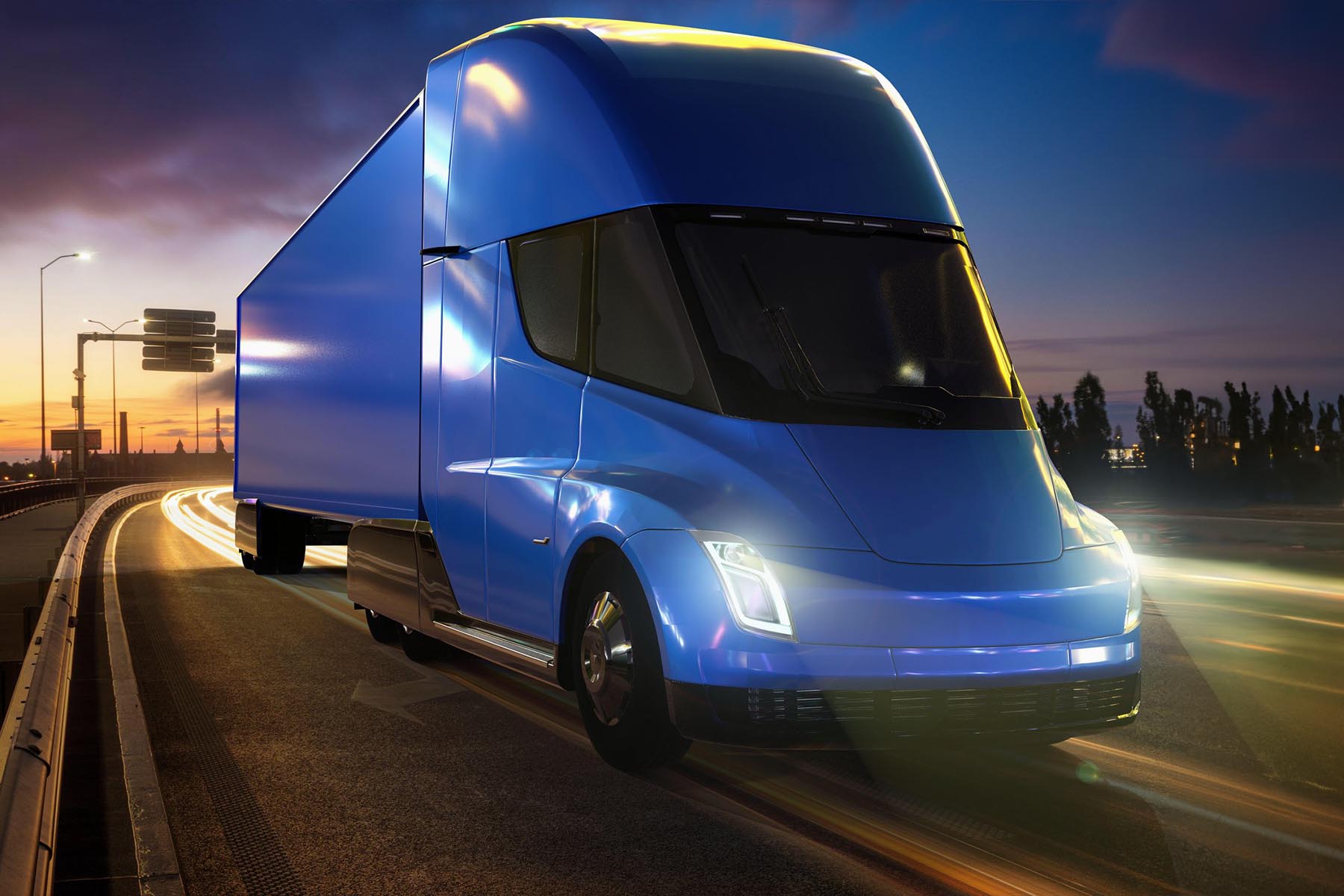Get on board: new NSF center for trucking innovations to be based at Purdue University in Indianapolis

“The trucking industry is ripe for innovation,” said Razi Nalim, Purdue professor of mechanical engineering in Indianapolis, and the principal investigator of the new center. “In Indiana, 1 out of every 14 jobs relates to trucking and logistics. We not only have warehouses and transport companies, but vehicle designers and manufacturers as well. Indiana is really the epicenter of the trucking industry, so it makes sense that the NSF will start attracting industry partners here to collaborate in research and workforce development.”
The new entity is called the Center for Electrified and Automated Trucking (CEAT). As part of the NSF’s Industry-University Cooperative Research Centers (IUCRC), this center combines the best of academia with the best of industry partners and government agencies, advancing the science of freight hauling through multiple avenues:
- Durable and safe heavy-duty batteries and fuel cells
- Optimal deployment of electricity and hydrogen charging stations
- Fleet operational strategies, including as platooning and caravanning
- Vehicle-to-vehicle and vehicle-to-infrastructure communication systems
- Trucking and transit workforce growth and upskilling
- Assessing driver fatigue with increased automation
- Adoption models and business cases for electrification and automation
Nalim is part of an experienced team who will operate the new center. Co-principal investigator Yaobin Chen, professor in the Elmore Family School of Electrical and Computer Engineering, has served as director of the Transportation and Autonomous Systems Institute since 2006, developing numerous innovations in the automotive autonomy, safety, and human-machine interaction space. Nalim’s own research focuses on combustion, powertrain design, and pollution control — while his role as Associate Dean for Research at IUPUI also gave him years of experience in administration and public policy with the transportation industry.
“There are so many industry partners we’ve worked with here in Indiana and elsewhere that are very interested in our research and ideas,” Nalim said. “The durability of fuel cells needed for emissions-free heavy-duty long-haul trucking is one of those areas. We’ve also partnered with the University of Memphis as a secondary site. FedEx has major hubs in both Memphis and Indianapolis, and so Memphis’ role will be crucial to integrating our innovations into the overall logistics and infrastructure of the freight industry. Indiana University will also be offering their expertise in law, public policy, psychology, and more.”
Nalim and his colleagues recently became part of Purdue University in Indianapolis, joining a long tradition of world-class Boilermaker research in the transportation space:
- Purdue University researchers recently began construction on the first highway segment in the US with vehicle chargers embedded in the road.
- Another team of Purdue engineers has partnered with Wabash to develop a trailer that recaptures kinetic energy to charge itself.
- Purdue’s Joint Transportation Research Program (JTRP) collaborates with the Indiana Department of Transportation (INDOT) to bring the newest innovations to the state’s roads and highways.
- Since 1913, Purdue has hosted the annual Purdue Road School, bringing together more than 3,000 transportation professionals from around the world.
“Purdue has always been an industry leader in transportation,” said Eckhard Groll, William E. and Florence E. Perry Head of Mechanical Engineering. “The expertise brought by Razi and his colleagues in Indianapolis will enhance this reputation even more. I look forward to all the great advances we will make together.”
“Razi is a truly valuable member of our team here in Indianapolis,” said Joey Wallace, Purdue's Associate Vice President for Research Development for Indianapolis. “We look forward to him bringing this innovation here to the Crossroads of America.”
“I’m so excited to bring these partners together,” Nalim said. “Commercial vehicles play such a pivotal role in our society, moving both people and goods. This center will converge and apply knowledge in emerging technologies to enable transportation that is more efficient, more agile, more safe, and more sustainable for all segments of society.”
Source: Razi Nalim, mnalim@purdue.edu
Writer: Jared Pike, jaredpike@purdue.edu, 765-496-0374
